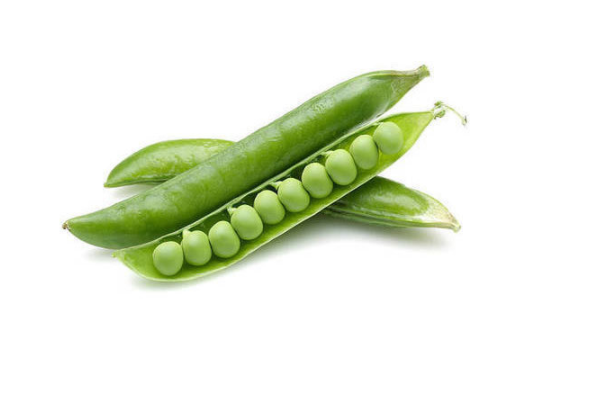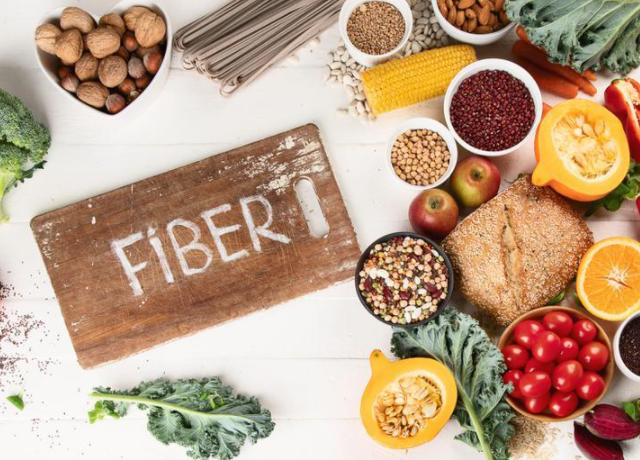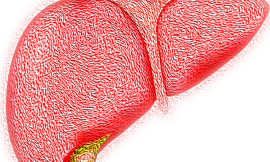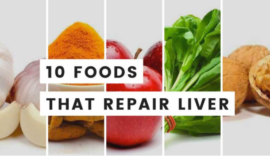We usually eat fiber in our daily diet, it is incredibly important for smoother digestion. It leaves your stomach undigested and ends up in your colon, where it feeds friendly gut bacteria, leading to various health benefits and also help in weight loss, lower blood sugar levels, and fight constipation. You can get good sources of fiber from food you already eat. The dietary fiber you get from supplements, fruits, vegetables, legumes, and whole grains in your daily diet doesn’t just keep you regular. Some fiber, like psyllium, can also give you important health benefits.
Here is some fiber rich food you can include in your daily diet;
Avocado
The avocado is a unique fruit. Instead of being high in carbs, it’s loaded with healthy fats. Avocados are very high in vitamin C, potassium, magnesium, vitamin E, and various B vitamins. They also have numerous health benefits. If you calculate the fiber content of avocado it may be 10 grams in 1 cup of raw avocado, or 6.7 grams per 100 grams
Broccoli Flowerets
It takes about 9 cups of broccoli flowerets to reach the daily recommended fiber intake. High in sulforaphane, broccoli also adds 3.2 grams of fiber per cup. And it’s low in calories, so add an extra helping of broccoli to help reach your fiber goals.
Apples
Apples are among the tastiest and most satisfying fruits you can eat. They are also relatively high in fiber. We especially like them in salads. it’s fiber content: 4.4 grams in a medium-sized, raw apple, or 2.4 grams per 100 grams.
Strawberries
Strawberries are also a great source of vitamin C. Slice a few into your next salad for next-level flavor and fiber. You may need to supplement with other high-fiber foods or supplements, it takes about 6 cups of strawberries to reach 28 grams, the daily recommended fiber intake.
Bananas
Bananas are a good source of many nutrients, including vitamin C, vitamin B6, and potassium. A green or unripe banana also contains a significant amount of resistant starch, a type of indigestible carbohydrate that functions like fiber. Try them in a nut butter sandwich for a hit of protein, too.
Whole grain pasta
If you’re a pasta lover choosing whole grain varieties could add up to considerable fiber benefits. One cup provides 5.46 grams of fiber, more than twice that of white pasta. To reach your daily recommended fiber intake, you’ll need about 5 cups of cooked whole grain pasta, which could take up a big portion of the recommended amount of carbs or other nutrients.
Beets
The beet, or beetroot, is a root vegetable that’s high in various important nutrients, such as folate, iron, copper, manganese, and potassium.
Beets are also loaded with inorganic nitrates, which are nutrients shown to have various benefits related to blood pressure regulation and exercise performance.
Give them a go in this lemon dijon beet salad.
Lentils
Lentils are very cheap and among the most nutritious foods. They’re very high in protein and loaded with many important nutrients.
This lentil soup is spiced up with cumin, coriander, turmeric, and cinnamon.
Asparagus
Raw asparagus spears it takes to hit the 28 grams of fiber recommended for your diet. As an alternative to steamed asparagus try adding thinly sliced raw asparagus spears to salads or sandwiches for a sweet, crunchy flavor.
Green peas

With 9 grams of fiber per cup, help yourself to bigger helpings to add more fiber to your diet. You’ll need about 3 cups of green peas to get the daily recommended fiber intake. Flavorful and healthy, green peas are a great source of iron, manganese, and vitamins A and C.
Sweet potatoes
The sweet potato is a popular tuber that’s very filling and has a delicious sweet flavor. It’s very high in beta carotene, B vitamins, and various minerals. Sweet potatoes can be a tasty bread substitute or base for nachos.
Turnip greens
An excellent source of beta carotene and vitamin K, turnip greens have a mild flavor. They can be used like spinach and other leafy greens, blended into green smoothies, or juiced. It takes about 5.5 cups of turnip greens to reach your fiber goals.
Carrots
The carrot is a root vegetable that’s tasty, crunchy, and highly nutritious. It’s high in vitamin K, vitamin B6, magnesium, and beta carotene, an antioxidant that gets turned into vitamin A in your body. Toss some diced carrots into your next veggie-loaded soup.
Cauliflower
Riced cauliflower is a popular low-carb alternative to starchy vegetables and can be made into pizza crust and chips. It’s great way to add fiber to your diet, but it may not get you to the 28 grams of daily recommended fiber every day. That would mean eating about 8.5 cups of cooked cauliflower, every day.
Split peas
Split peas are made from the dried, split, and peeled seeds of peas. They’re often seen in split pea soup after holidays featuring ham.





